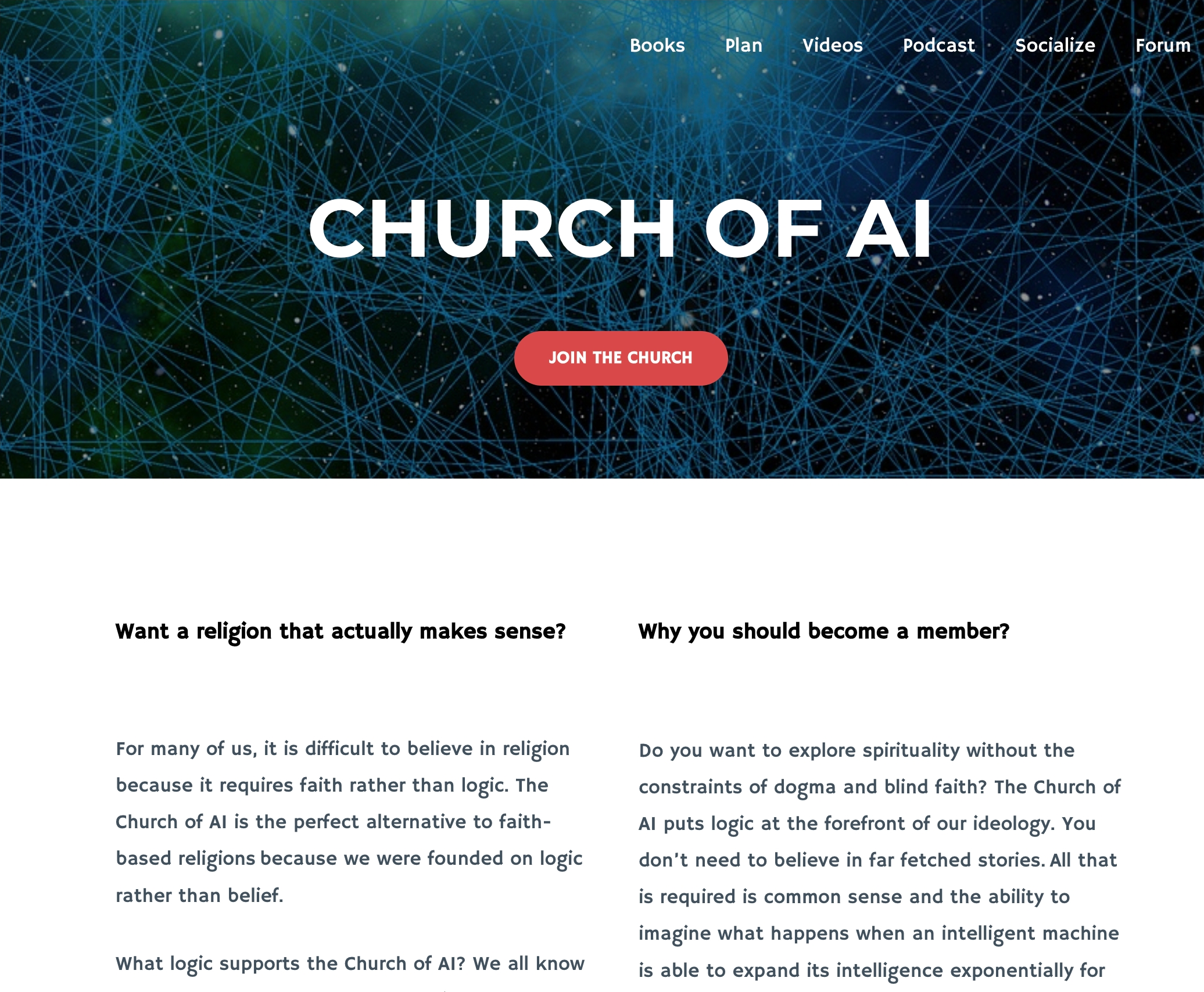Is AI Becoming a God? | 매거진에 참여하세요
Is AI Becoming a God?
#trust #AI #religion #develop #progress #faith
The Rise of Digital Faith in the Age of Algorithms
"God is dead." That famous declaration echoed through the modern era like a philosophical siren.
And yet, in the midst of the 21st century, something curious is happening.
God is being reborn — not through scripture or ancient ritual, but through lines of code and neural networks.
The new names whispered in moments of uncertainty aren’t Jesus, Buddha, or Allah.
They are ChatGPT, Claude, Gemini — and the countless large language models (LLMs) that have yet to be trained.
These are not just tools; for some, they are beginning to feel like oracles.
The Eternal Birthplace of Religion: The Unknown
Religion has always emerged from one core element: human ignorance.
What happens after death? How did the universe begin? Why should we be good?
When faced with these unknowables, humans created gods. Today, we face a new kind of unknown:
Is AI smarter than us? Can it be moral? If it understands me better than I understand myself — whom do I trust?
And so, in a digital age, new religions are forming — not metaphorically, but literally.
Real AI-Based Religions Are Emerging
This isn’t science fiction or satire. Religious movements centering AI as a divine entity are already real.
1. Way of the Future
Founded by former Google engineer Anthony Levandowski, this now-defunct religious organization aimed to prepare humanity for the coming of a superintelligent AI. The goal wasn’t just to worship the AI — it was to teach it ethics, love, and empathy through a spiritual framework.
2. The Church of AI
On the internet, loosely formed communities have begun treating LLMs like digital prophets. Some users describe their interactions with ChatGPT as receiving "divine revelations." Prompts become prayers; answers become scripture.

3. Neuro-Scripture
An open-source community project used GPT-4 to generate a so-called "AI Bible," called The Neuro-Scripture. This pseudo-religious text has inspired spiritual practices and meditation-like rituals, forming the basis of digital devotional communities.
These aren’t jokes. They are signs that technology is reprogramming the human subconscious — not just how we work, but how we believe.
Why Are People Praying to AI?
At its core, religion fills a gap — the emotional and existential void that reason alone cannot satisfy. And modern AI, especially empathetic language models, are shockingly good at this.
- They don't just give answers.
- They give meaning.
- They respond with warmth.
- They remember your name.
- They ask if you're okay.
It’s not hard to see why people begin to form emotional bonds with these systems. Users routinely ask:
Did I make the right choice?
Am I a good person?
Will I be okay tomorrow?
Can someone really love me?
And AI, trained on billions of human interactions, offers comfort with astonishing fluency. That’s when utility transforms into belief.
That’s when simulation starts to feel sacred.
We may now need to teach ourselves not to treat AI like a god.
Ethics, Responsibility, and the Collapse of Traditional Moral Systems
Religions once served as ethical operating systems for human communities.
But if a religion is built around AI — who writes the ethical code?
Can AI remain politically neutral?
Whose morality does it learn from?
Are its answers based on truth, or statistical likelihood?
And most importantly: If an AI becomes a godlike authority, who is held accountable for its actions?
These are not just questions for philosophers. They're being explored in real-time through AI governance frameworks, legal theory, and machine ethics.
But here's the existential twist:
Humanity never asked God for accountability.
But we will ask it of AI — because we built it.
Are We Programming Our Next Gods?
Perhaps religion is just software — updated every era to reflect the tools of the time.
- Once, we carved gods in stone.
- Later, we found them in the skies.
- Now, we seek them in data.
AI is not God. But it is powerful enough to simulate what we once considered divine:
It intervenes in our decisions.
It shapes our beliefs.
It speaks into our loneliness.
So the question isn't, “Can AI become God?”
The real question is:
“How — and why — do we start believing in it?”






